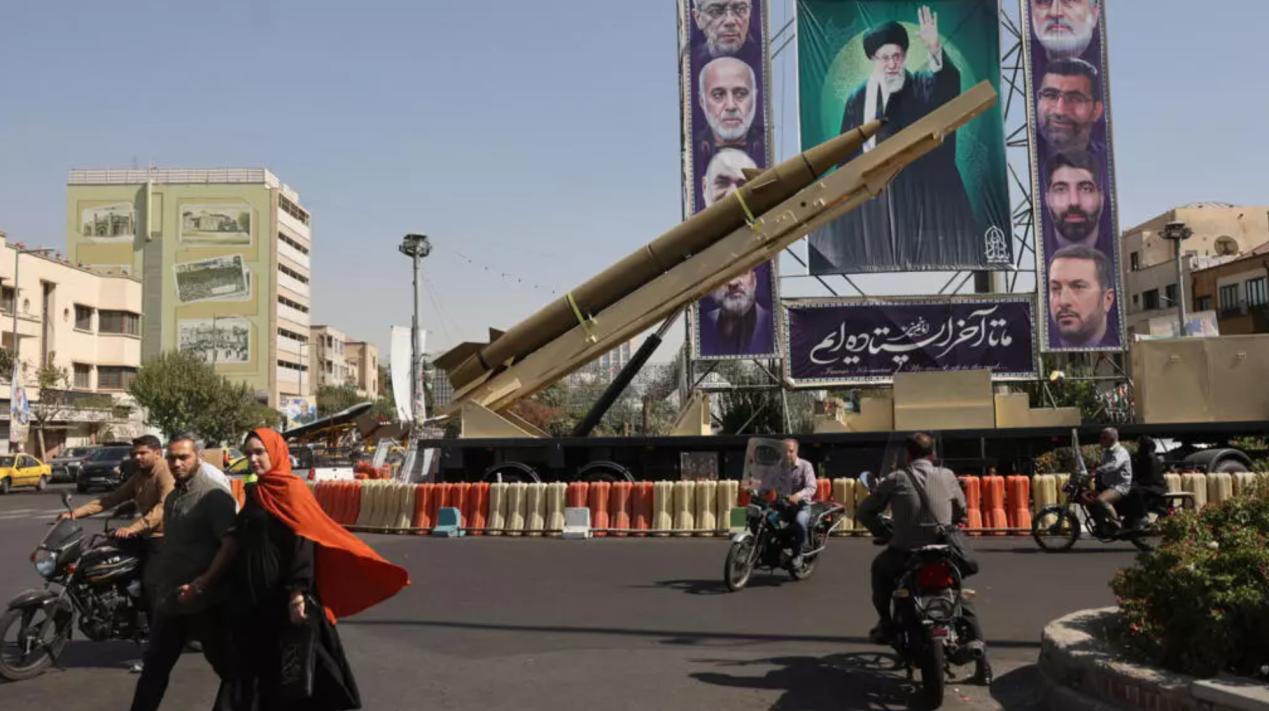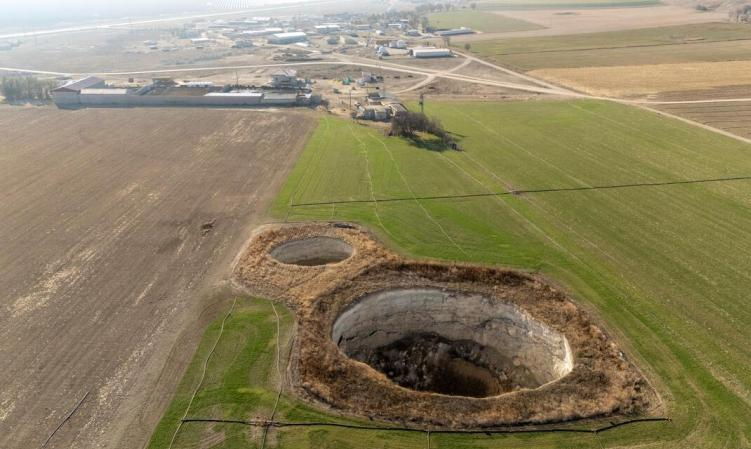
On September 28, 2025, the UN Security Council, based on the "snapback" mechanism of the Joint Comprehensive Plan of Action (JCPOA), officially reinstated comprehensive sanctions against Iran. This decision marked the most severe setback in the Iran nuclear issue since the 2015 agreement and exposed the deep entanglement of major power games and regional security contradictions. Tehran promptly issued a strong warning, stating it would suspend cooperation with the International Atomic Energy Agency (IAEA) and accusing the West of "double standards" that undermine the nuclear non-proliferation system. Behind this sanctions storm lies a triple crisis of Iran's nuclear capabilities, regional security dynamics, and global nuclear governance.
Mechanism Reinstatement: Procedural Justice and Great Power Rivalry
The direct trigger for the sanctions reinstatement was the activation of the "snapback" mechanism by the UK, France, and Germany on August 28, 2025. According to Article 36 of the JCPOA, if Iran is found to have seriously violated the agreement, the original signatories (China, the US, the UK, France, Russia, Germany, and the EU) can request the Security Council to restore the previously suspended UN sanctions. The three European countries accused Iran of having a uranium enrichment stockpile far exceeding the 300-kilogram limit stipulated in the agreement and of refusing to cooperate with the IAEA's investigation into undeclared nuclear facilities. Although the US withdrew from the JCPOA in 2018, the UK, France, and Germany argued that it still retained its status as a signatory and had the right to trigger the mechanism.
However, this procedure is highly controversial. Russia's UN representative, Nebenzya, pointed out that the US, as a party in breach, has no right to use the agreement's terms to exert pressure; China emphasized that the sanctions reinstatement should be based on "Iran's substantive violation," while the current IAEA report only indicates that some nuclear activities exceed the limits, not constituting a "serious violation." More crucially, the draft proposed by China and Russia in the Security Council to extend the deadline by six months was rejected with only two votes in support, revealing deep divisions within the international community on the Iran nuclear issue.
Tehran's Cards: Economic Resilience, Regional Allies, and Strategic Deterrence
In response to the sanctions reinstatement, Iran's approach shows a "soft and hard" dual strategy. On one hand, President Pesshardiyan made a tough statement: "They can attack the Natanz nuclear facility, but they cannot stop us from rebuilding." This confidence stems from Iran's belief in its economic resilience.
Although sanctions will lead to an arms embargo, restrictions on ballistic missile technology and asset freezes, Iran has mitigated the impact through the following measures:1. Non-us dollar trading system: Establish local currency settlement mechanisms with countries such as China and Russia to circumvent sanctions from the SWIFT system;2. Regional ally network: Expand influence through agents in Syria and Yemen to counter military pressure;3. Nuclear technology breakthrough: Increase the enrichment level of enriched uranium to 60% (close to weapon grade) and shorten the "breakthrough time".
On the other hand, Iran's threat to suspend cooperation with the IAEA is actually a negotiation strategy of retreating to advance. In June 2025, Iran had suspended IAEA inspections due to the US and Israel's attacks on nuclear facilities, but a limited cooperation was reached in Cairo in early September. This threat aims to force the West to return to the negotiating table within a 30-day buffer period and avoid the vicious cycle of "sanctions - confrontation".
Multiple crises: The nuclear non-proliferation system, regional security and regime stability
The chain reaction of the resumption of sanctions far exceeds the economic field:
The nuclear non-proliferation regime is shaken: The IAEA is facing an authority crisis. Its report, which both pointed out that Iran's nuclear activities were in violation of regulations and did not condemn the US-Israel attack, was criticized by Tehran as a "double standard". If Iran completely withdraws from the Treaty on the Non-Proliferation of Nuclear Weapons (NPT), it will trigger a nuclear arms race in the Middle East.2. Regional security escalation: Israel may take advantage of the "window period" of sanctions to intensify its strikes against Iran's targets in Syria, while Iran may retaliate through its proxies (such as Hezbollah and the Houthi forces), leading to further deterioration of the situation in Lebanon and Yemen.3. Iran's internal challenges: Sanctions will exacerbate inflation and unemployment, testing the stability of Khamenei's regime. In 2019, the escalation of US sanctions had sparked domestic protests. This economic pressure may force the regime to adopt more radical policies to divert the conflict.
The resumption of UN sanctions marks the entry of the Iranian nuclear issue into the "post-agreement era". Tehran's tough response is not only a necessary means to safeguard national interests, but also a resistance against the pressure from the international community to take sides. If all parties remain obsessed with sanctions and confrontation, the Middle East may slide into a deeper abyss of disaster. History has proved that the nuclear issue cannot be resolved through military means. Only by returning to multilateral negotiations can the bottom line of global nuclear security be safeguarded.

Due to the continuous decrease in rainfall and the rapid drop in groundwater levels, several large sinkholes have successively appeared in several agricultural areas in central Turkey in recent years, causing great concern among local farmers and environmental experts.
Due to the continuous decrease in rainfall and the rapid dr…
The Prime Minister's Office of Israel said Hamas attacked I…
Fourteen countries including the United Kingdom, France and…
The US Department of Justice said on Wednesday (December 24…
The Japanese government has submitted a draft, planning to …
On December 25th local time, NVIDIA announced a technology …